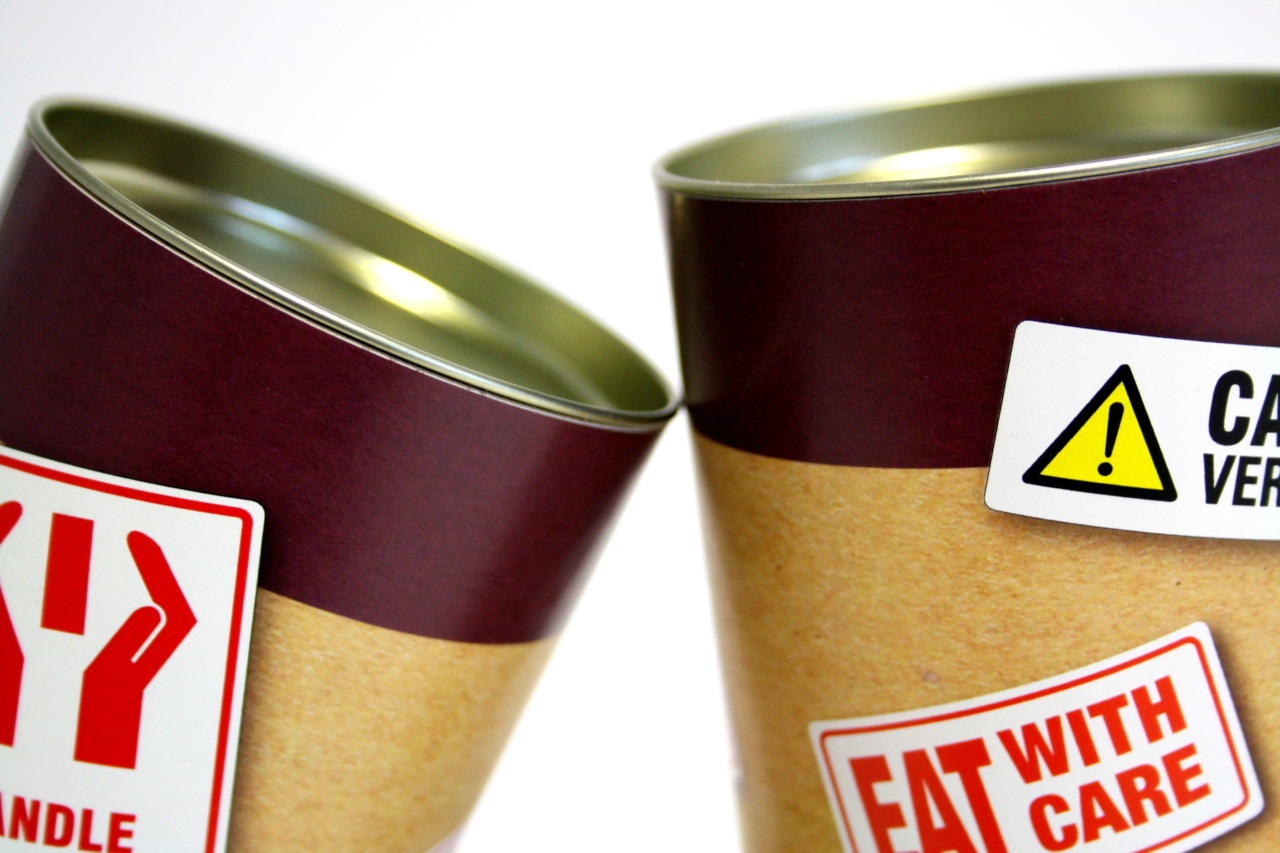Parents often turn to melatonin to help their children fall asleep faster and stay asleep longer. However, this popular supplement can cause harm to children if not used properly.
In this article, we will explore the warning signs and symptoms of melatonin toxicity in children and what parents can do to ensure their child’s safety.
What is Melatonin?
Melatonin is a hormone that is naturally produced in the brain’s pineal gland.
It helps regulate the sleep-wake cycle and is often referred to as the “sleep hormone.” Melatonin levels increase in the evening when it is time to sleep, and decrease in the morning to help wake up.
When taken as a supplement, melatonin can help reset a disrupted sleep-wake cycle, making it a popular tool for parents of children with sleep disorders or trouble sleeping.
However, it is important to use melatonin only under the guidance of a healthcare practitioner and in the appropriate dosage.
The Dangers of Melatonin Overuse in Children
Melatonin overuse can have harmful effects on children, including:.
1. Hormonal Imbalance
When taken in large doses, melatonin can cause hormonal imbalances that affect the body’s natural production of the hormone.
Overuse can also interfere with the normal functioning of the endocrine system, which can lead to serious health problems.
2. Daytime Drowsiness
Taking melatonin during the day can cause excessive drowsiness, which can lead to lack of focus, reduced productivity, and even accidents.
Children who take melatonin during the day may have difficulty concentrating in school and participating in activities.
3. Nightmares and Nighttime Hallucinations
Overuse of melatonin can lead to vivid nightmares and even nighttime hallucinations in some children. This can be a scary and confusing experience for children.
4. Risk of Seizures
In rare cases, overuse of melatonin can lead to seizures in children. This is more likely to occur in children who have a history of seizure disorders or other neurological conditions.
Warning Signs and Symptoms of Melatonin Toxicity in Children
Parents should be aware of the warning signs and symptoms of melatonin toxicity and seek immediate medical attention if they suspect their child has taken too much. These symptoms may include:.
1. Nausea and Vomiting
Stomach upset, nausea, and vomiting are common symptoms of melatonin toxicity in children. If a child shows signs of vomiting, parents should seek medical attention immediately.
2. Dizziness and Disorientation
Children who have taken too much melatonin may feel dizzy and disoriented. They may also experience difficulty walking or standing.
3. Headaches
Headaches are another common symptom of melatonin toxicity in children. If a child experiences a severe headache, parents should seek immediate medical attention.
4. Rapid Heartbeat
Children who have taken too much melatonin may experience a rapid heartbeat, which can be a serious medical emergency. Parents should seek immediate medical attention if their child’s heart rate is faster than usual.
5. Seizures
In rare cases, melatonin toxicity can lead to seizures in children. Seizures are a serious medical emergency, and parents should seek immediate medical attention if their child experiences a seizure.
What Can Parents Do to Ensure Their Child’s Safety?
Parents can take steps to ensure their child’s safety when using melatonin:.
1. Consult with a Healthcare Practitioner
Parents should consult with a healthcare practitioner before giving their child melatonin. A practitioner can help determine if melatonin is appropriate for their child and in what dosage.
2. Follow Dosage Guidelines
Parents should always follow dosage guidelines when giving their child melatonin. Overuse can lead to toxicity and harm.
3. Avoid Daytime Use
Parents should avoid giving their child melatonin during the day, as it can cause excessive drowsiness and interfere with normal daytime activities.
4. Monitor for Side Effects
Parents should monitor their child for side effects when using melatonin. If their child experiences any of the warning signs or symptoms of toxicity, they should seek medical attention immediately.
5. Store Melatonin Safely
Parents should store melatonin in a safe location that is out of reach of children. Accidental ingestion can lead to toxicity.
Conclusion
Melatonin can be a helpful supplement for children who have trouble sleeping, but it can also be harmful if not used properly.
Parents should work closely with a healthcare practitioner to determine if melatonin is appropriate for their child and in what dosage. They should also monitor their child for any signs or symptoms of toxicity and seek medical attention immediately if they suspect their child has taken too much.





























